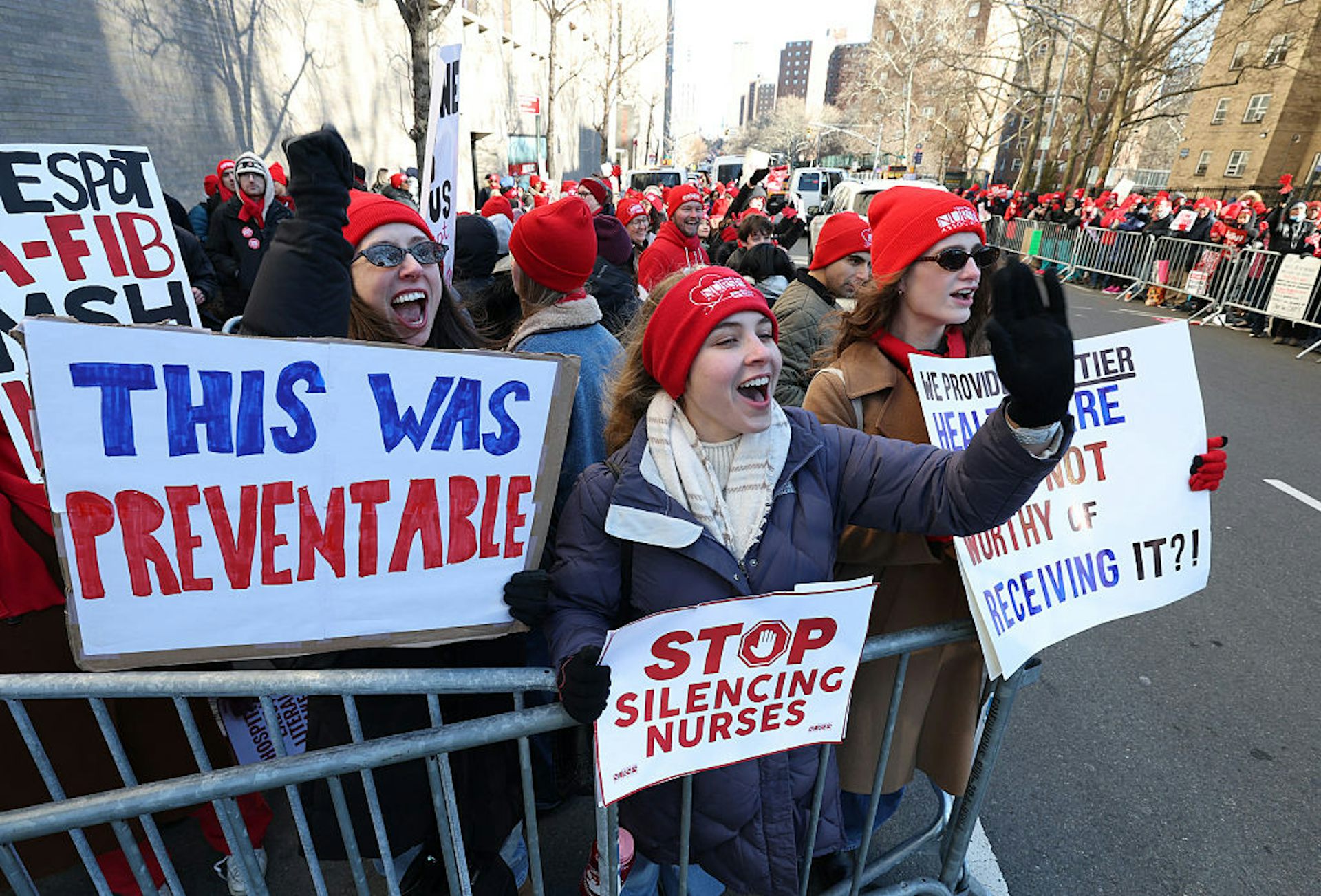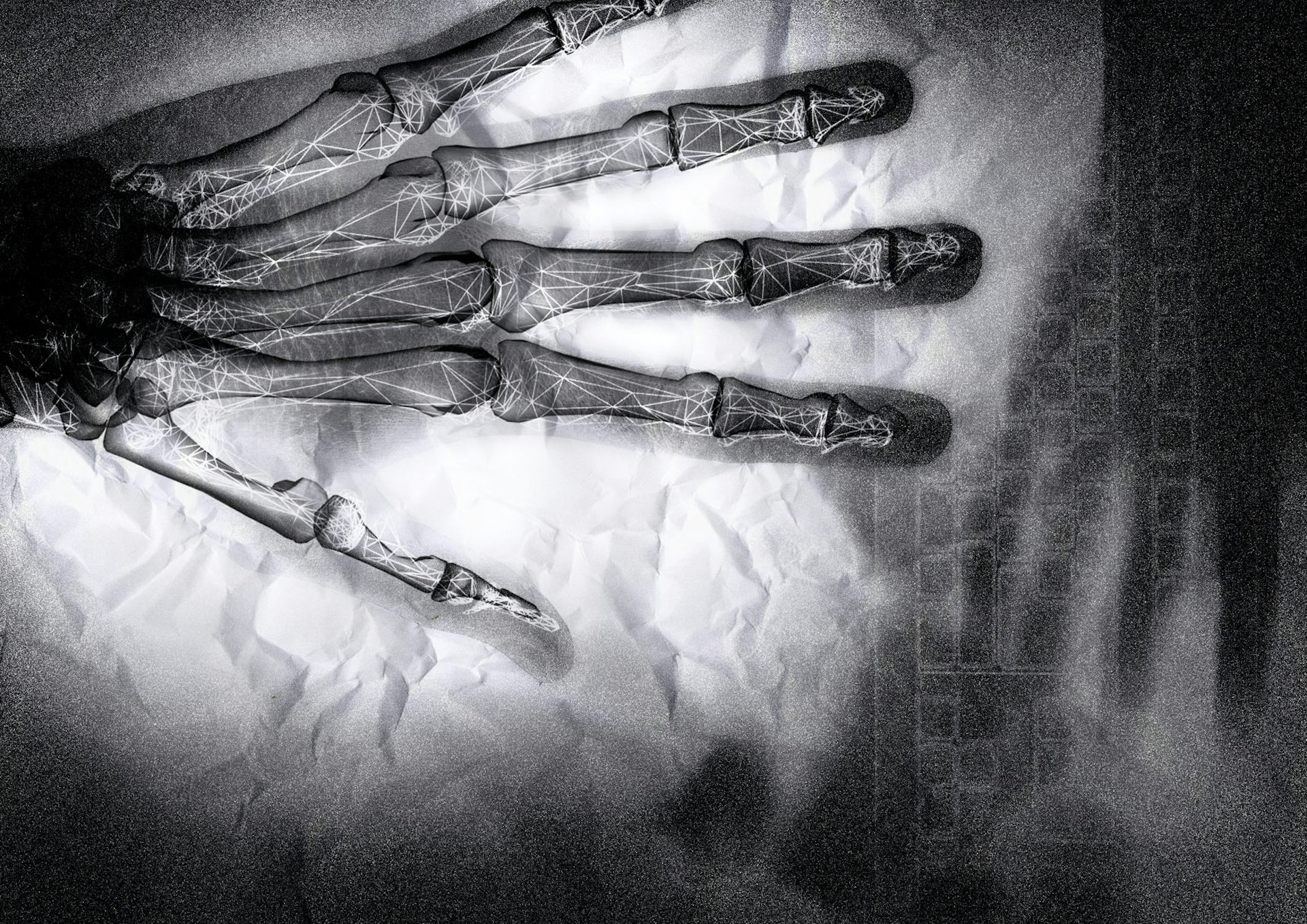A first connection can make a big difference when it comes to sticking with a career
A new study of 40,000 real estate agents suggests that the first professional connection you make can boost your odds of success by 25%.
People often say that a single spark can light a fire.
In careers, that spark is often a person. It might be someone early in life who cracks open a door, offers encouragement, or quietly shows what success can look like. What’s less obvious is how profoundly that very first connection can shape everything that comes afterward.
Consider 23-time Grand Slam tennis champion Serena Williams. Williams has often spoken about the crucial role played by her first coach – and father – Richard Williams. His belief in her abilities and his willingness to expose her to competitive tennis from an early age ensured she gained experience long before most of her peers. In this, she’s not alone – in sports, a first coach can recognize potential before anyone else does.
Or consider Misty Copeland, the first Black female principal dancer at American Ballet Theatre. At 13, a Boys & Girls Club teacher, Cynthia Bradley, recognized her potential and brought her into formal ballet training; within four years Copeland earned a spot in ABT’s Studio Company. In 2015, she became ABT’s first Black female principal, a milestone built on that early mentorship. Those first advocates opened doors to elite training, scholarships and professional networks that sustained a long, barrier-breaking career.
Anecdotes like these are powerful, but they also raise questions. Do early connections cause long-term success, or do they simply come more easily to people already positioned to succeed? After all, a young athlete with supportive and affluent parents might have access to better training and competition regardless of who their first coach is. This chicken-and-egg problem is hard to untangle – unless you look at a setting where chance plays a role. That’s where my research comes in.
Real estate as a natural laboratory
I’m a professor of real estate finance, and I noticed that the residential real estate brokerage industry can mimic a random experimental setting. Since only a small number of people are active in housing markets at any given time, agents can’t choose exactly who they work with. That means a new agent’s first counterparty broker – that is, the agent on the other side of the deal – depends on who happens to be representing clients at the same time and place. In many cases, that first connection is essentially a matter of luck.
So my colleagues and I analyzed more than 20 years of home sales data from Charlotte, North Carolina, covering more than 40,000 unique real estate agents and 417,000 home sales between 2001 and 2023. We found that new agents who land their first deal with a well-connected power broker are about 25% more likely to still be in the business a year later. Since many agents struggle to close a second deal within a year of their first, this significantly boosts their chances of building a lasting career.
The first handshake and lasting spark
What makes these first encounters so powerful is not only the transfer of skills but also the shaping of confidence and identity. A young musician invited to join an orchestra by a respected conductor begins to see himself as part of that world. A student encouraged by a scientist to enter a national competition begins to imagine a place for herself in research. An athlete who trains with an Olympic medalist begins to visualize competing at the highest levels. In each case, the first connection changes the sense of what is possible.
Our study also found that new agents at the greatest risk of leaving the field – those with fewer early sales – benefit the most from starting out with a well-connected partner. The same dynamic appears in sports, where struggling athletes often flourish under coaches with deep relationships and credibility, and in education, where students on the verge of disengaging can be reenergized by respected teachers who open doors to programs, competitions and networks. These mentors do more than teach. They change trajectories.
The lesson for those just beginning their careers: Seek out people who are respected and generous with their experience. Observing how they work, think and solve problems can shape your own professional identity.
For those who are more established, the takeaway is equally important: Offering a hand to someone new, making an introduction or simply offering encouragement can set in motion a sequence of events that shape a life.
Soon Hyeok Choi does not work for, consult, own shares in or receive funding from any company or organization that would benefit from this article, and has disclosed no relevant affiliations beyond their academic appointment.
Read These Next
AI’s growing appetite for power is putting Pennsylvania’s aging electricity grid to the test
As AI data centers are added to Pennsylvania’s existing infrastructure, they bring the promise of…
Abortion laws show that public policy doesn’t always line up with public opinion
Polls indicate majority support for abortion rights in most states, but laws differ greatly between…
From moral authority to risk management: How university presidents stopped speaking their minds
Nearly 150 universities and colleges have adopted institutional neutrality pledges since 2023.






